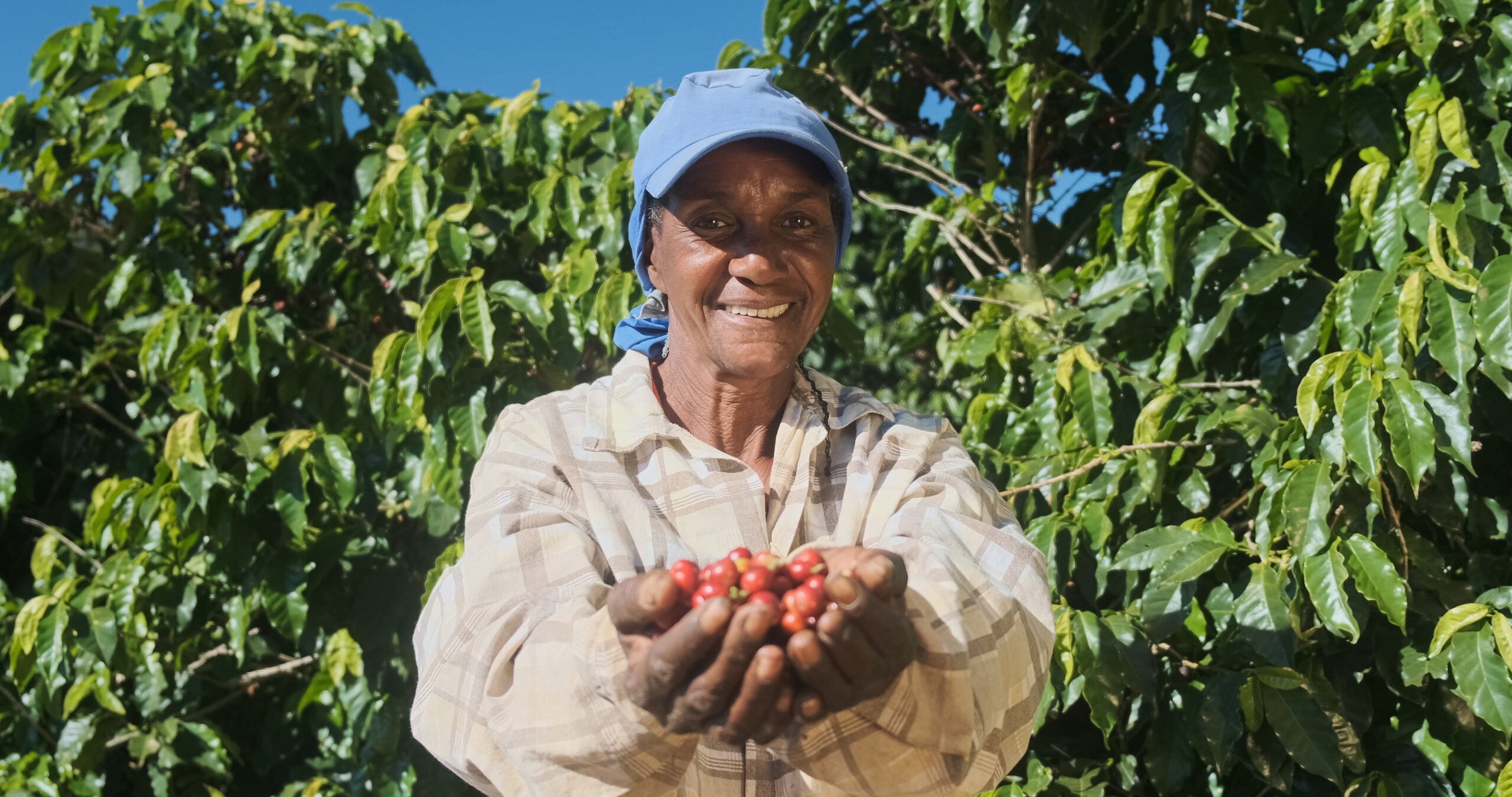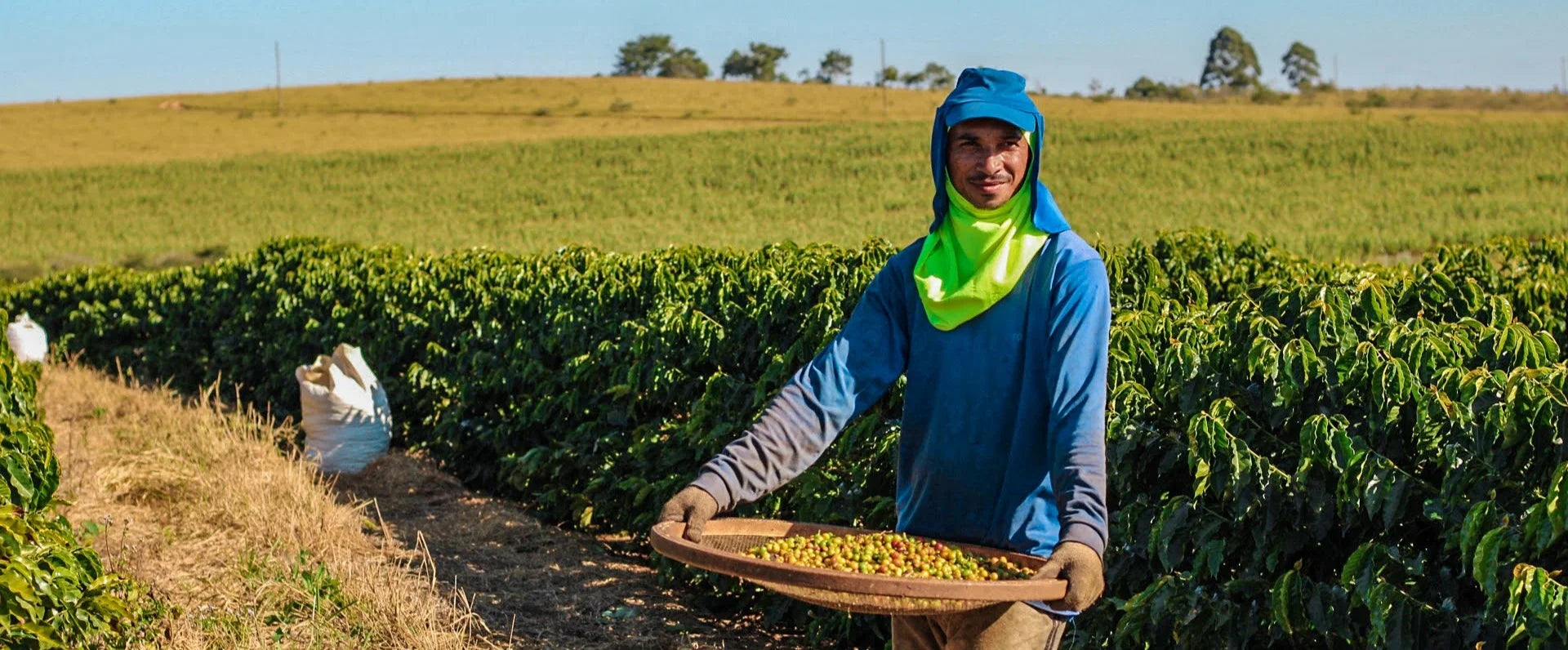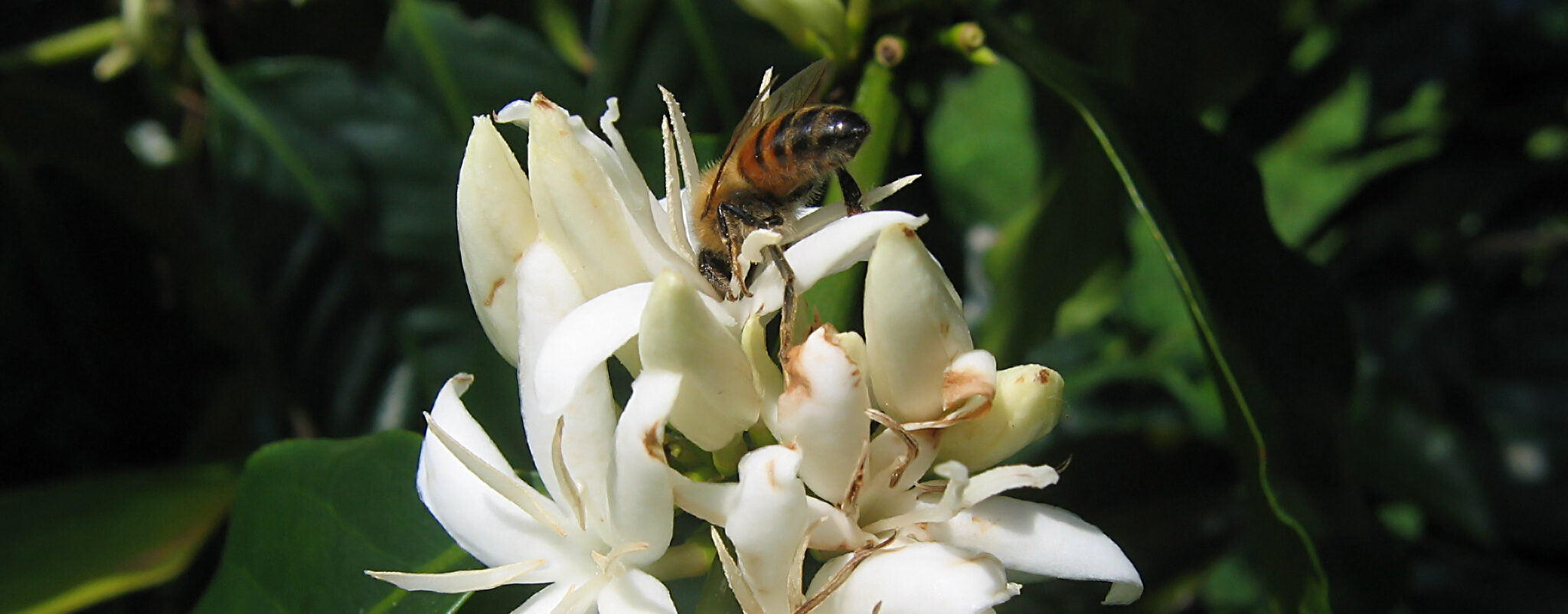People & Sustainability
Woman Producers
The role of women in coffee farming is growing steadily. We endorse initiatives that foster the economic empowerment of women, engaging them in pivotal facets of the coffee process.
Within our portfolio, we proudly offer a range of coffee options cultivated by women. Whether you prefer single-origin varieties or blends crafted by women coffee growers, our coffee reflect the dedication and expertise of these remarkable individuals.
Communicating the rich history of these women directly to your end customers may become a powerful way to honor and empower their diligent effort. Feel free to ask us about incorporating stories that showcase these women as genuine heroes in the journey from farm to cup.
Smallholders
Spot On Coffees strongly supports smallholders. We are partner-certified (Rainforest Alliance, Fair Trade, and Neighbors and Friends). We also encourage and support players to become certified. As we come from a family of coffee producers, mostly smallholders, we are in a privileged position to know and understand their needs. Constant contact and frequent visits allow us to assess the progress achieved over time, as well as explore new paths and/or make course corrections to adjust our output with consumer demands. Good agricultural practices, control, and care for quality, environment conservation, property management, quality of life, livelihoods, and traceability are important points for us.
We are proud to offer coffee from a wide range of smallholder farmers. A good way to support them is to add this coffee to your portfolio. Partnering with Spot On is a win-win opportunity for smallholders and roasters. All of our coffees are fully traceable.
Bees and Coffee
At Spot On Coffee, we encourage our partners to implement a bees + coffee program, which benefits coffee crops as well as honey and propolis production, and helps preserve native species of bees.
On a recent trip to Brazil, we met a passionate young beekeeper Juninho. A few years ago he partnered with small coffee farmers in the Serrania region of Minas Gerais. Some of his beehives specialize in propolis production, meaning they must constantly expand as propolis is the building block of new hives. Juninho showed us a hive with some150,000 bees that has been going for over 8 years. Just as a point of comparison, a healthy commercial beehive will typically house 20,000 to 60,000 bees.
This experience illustrates the delicate balance between bees and coffee. Placing hives in coffee plantations and having them thrive is one of the most reliable indicators of a balanced ecosystem.



